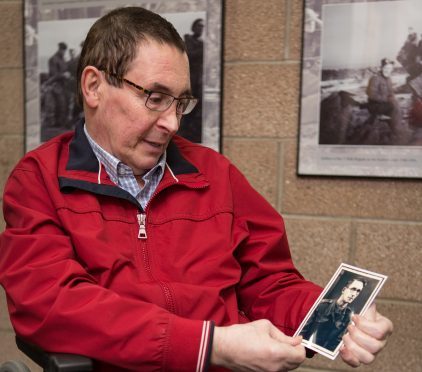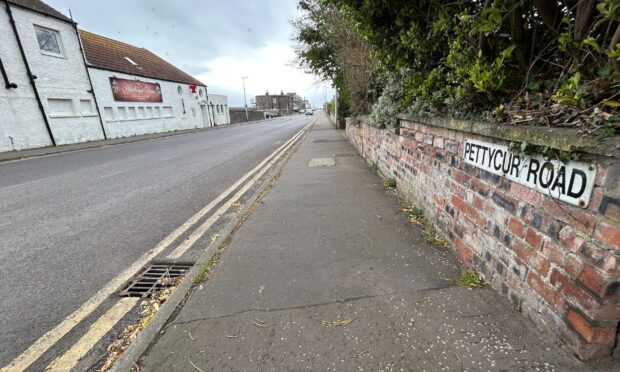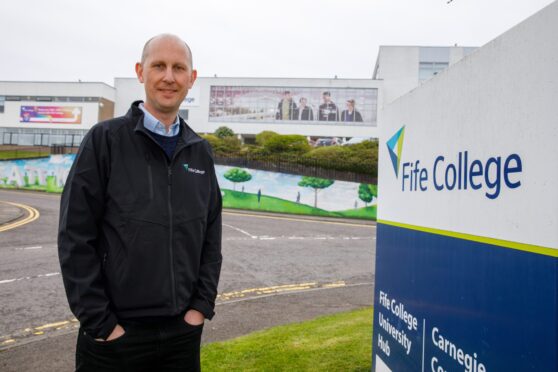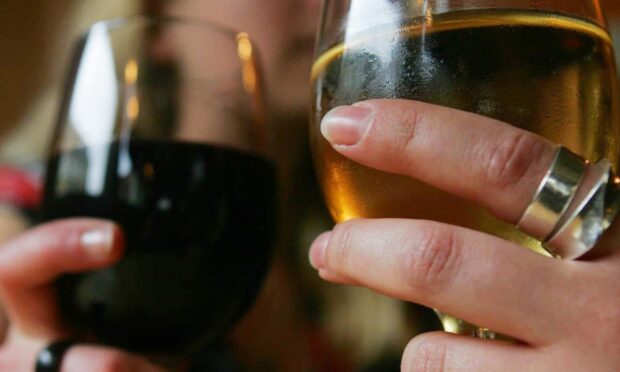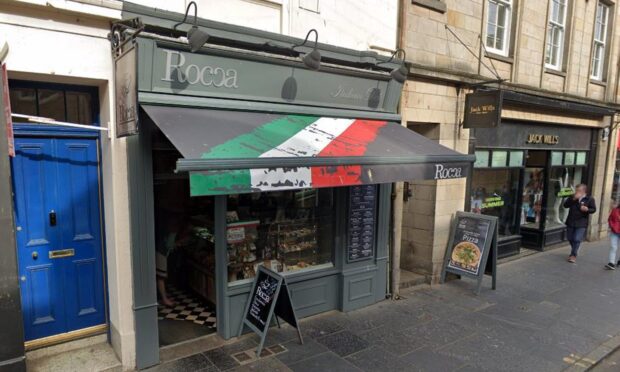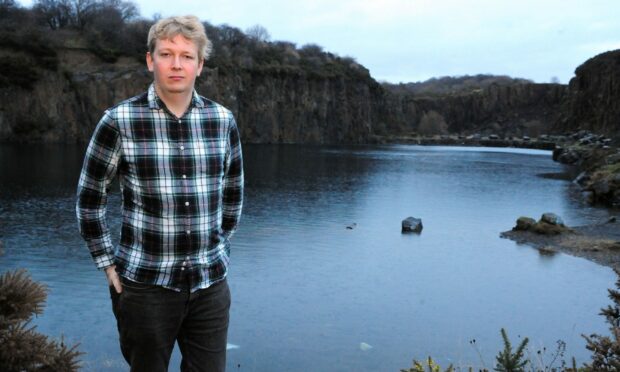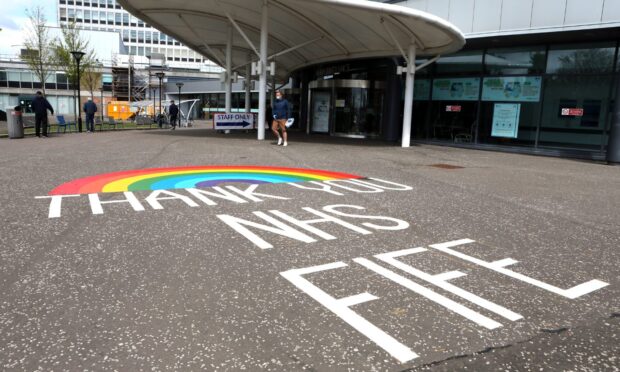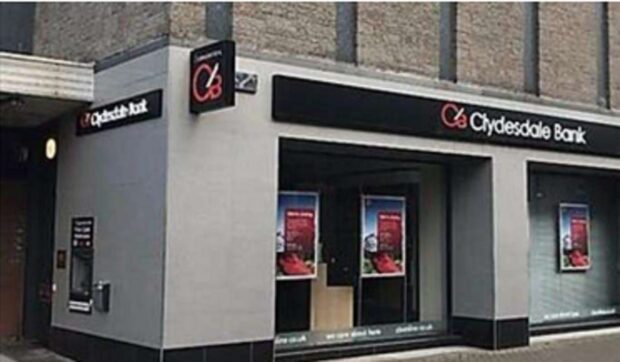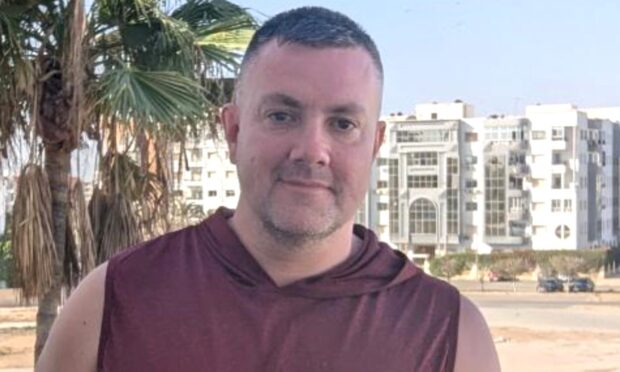A Fife man is hoping an exhibition of archive photography will shed light on his Polish father’s role in the Second World War.
Mike Mazur, 60, went looking for clues at the launch of the Polish Paths to Freedom exhibition, which is being held at Rothes Halls in Glenrothes as part of the town’s 70th anniversary celebrations.
The event is dedicated to the 3,000 officers and 10,000 Polish First Division Corps who were stationed in Scotland between 1940 and 1947 and provided support to Scottish regiments during the war.
Mr Mazur’s father, Czeslaw Mazur-Lukaszewski, came from a village near Poznan and fled his home country to serve with the Polish 1st Armoured Division.
It is known he was involved in the Narvik campaign in Norway and was among the soldiers who liberated Ypres in 1944 but Mr Mazur said he would like to fill in the blanks.
Mr Mazur said: “I’d really just like to know more about where he went and what he did.
“What I’d like to find out is, did he really do all these things? I’d like to put a proper timeline to it.”
He brought some of his father’s old photographs to the exhibition with him.
Among the images in the collection are a shot of wartime Prime Minister Winston Churchill smoking a cigar and reading a paper at Leuchars Railway Station.
Another photograph has special significance for Mr Mazur, who moved from the Borders to start a job with Fife Council in 1981.
“I worked at Bellfield House in Cupar,”he explained.
“A few months after I started my job, I found this picture. It was of him standing outside Bellfield House because he must have been stationed there.
“When I moved up here it felt a bit alien for me but when I saw that I felt at home.”
His father’s collection also includes a picture of an event in Cupar attended by Churchill and General Wladyslaw Sikorski.
The Glenrothes exhibition was officially opened by Polish politician Piotr Calbecki, Marshal of the Kujawsko-Pomorskie region, which has gifted the photographic collection to Fife Council.
He said: “Our shared history with Scotland dates back to the 16 and 17th centuries, when Scottish settlers were coming to Poland.
“A few hundred years later, Scotland became a place for Polish soldiers, tired and homeless after the first two years of war, offering them peace and rest.
“They were able to regain their strength, start training, and dream about fighting for their country.
“Fife became like a second home for our soldiers, and for that we’ll be always be very grateful.”
